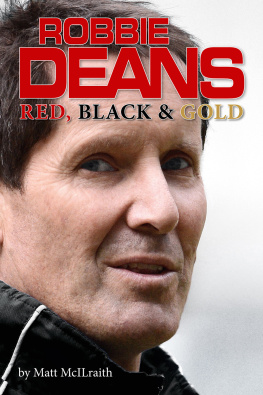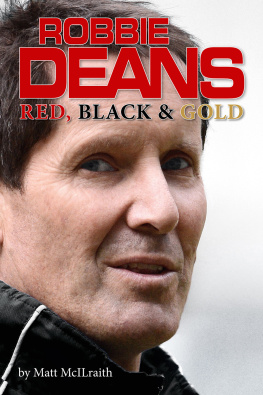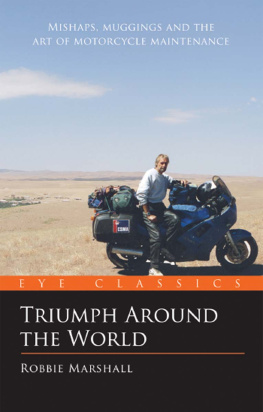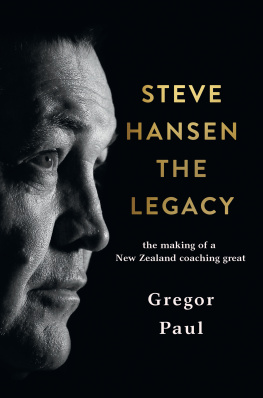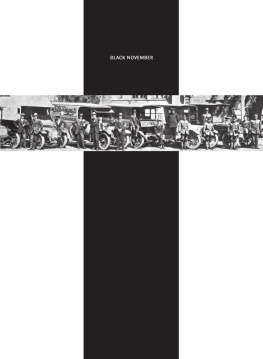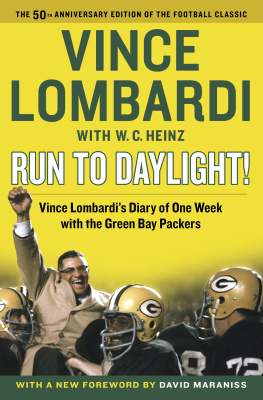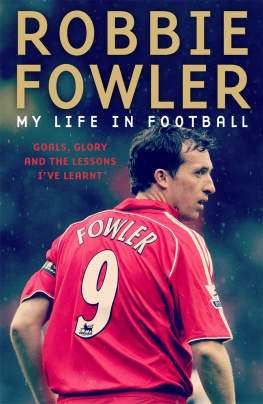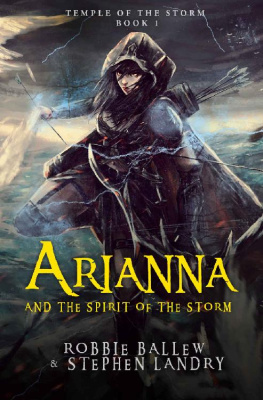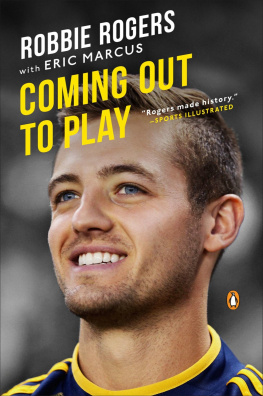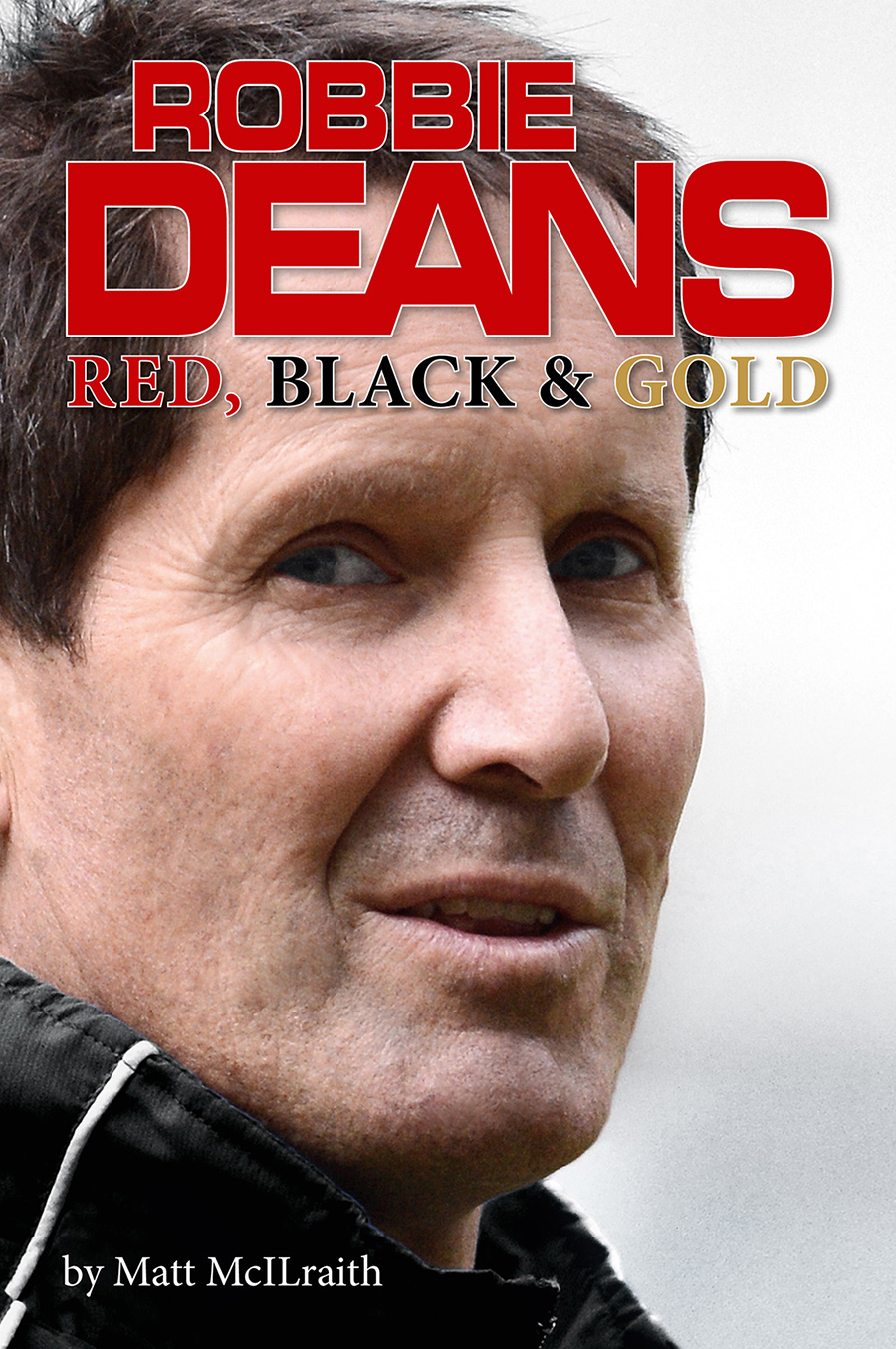A catalogue record for this e-book is available from the National Library of New Zealand.
ISBN 978-1-927262-12-2
A Mower Book
Published in 2014 by Upstart Press Ltd
B3, 72 Apollo Drive, Rosedale
Auckland, New Zealand
Text Blindside Investments Ltd 2014
The moral rights of the author have been asserted.
Design and format Upstart Press Ltd 2014
All rights reserved. No part of this publication may be reproduced, stored in a retrieval system, or transmitted in any form or by any means, without permission in writing from the publisher, nor be otherwise circulated in any form.
E-book produced by CVdesign Ltd
Cover photographs: Getty Images (front and all except top left on back); Peter Bush (back, top left).
This book is dedicated to a number of people. First and foremost to Penny, a remarkable woman and amazing mother to Sam, Annabel and Sophie, all of whom in their own ways have been a source of perspective and inspiration throughout. And to my parents Anthony and Joy, who sacrificed much in providing their children with a platform to launch from, while teaching us the value of work. To my teammates for their effort, patience and skin in the game, and also to my opponents for the resistance and subsequent lessons you provided.
To achieve success, whatever the job we have, we must pay a price for success. Its like anything worthwhile. It has a price. You have to pay the price to win and you have to pay the price to get to the point where success is possible. Most importantly, you must pay the price to stay there. Success is not a sometimes thing. In other words, you dont do what is right once in a while, but all the time. Success is a habit.
Vince Lombardi Head Coach Green Bay Packers, 19591967
Acknowledgements
The author and Robbie Deans would both like to thank the following for their time, memories and invaluable assistance in helping to tell this story: Allan Hewson, Alex Wyllie, Andrew Sullivan, Andy Ellis, Barry Corbett, Ben Alexander, Bob Stewart, Brad Thorn, Charles Deans, Dan Carter, Don Hayes, David Pocock, Fergie McCormick, Geoff Miller, Guy Reynolds, John Sturgeon, Keith Lawrence, Kieran Read, Leon MacDonald, Les McFadden, Matthew Alvarez, Penny Deans, Peter FitzSimons, Richie McCaw, Todd Blackadder, Tony Thorpe, Jim Helsel, Warren Barbarel and Wyatt Crockett.
Every effort has been made to acknowledge and credit photographs published in this book. In a few instances, though, the publishers were unable to locate the copyright holders. The publishers welcome correspondence from any persons or organisations affected.
Contents
Foreword
By Dan Carter
Its easier to acknowledge now and this is the appropriate forum in which to do so that I battled with the idea of Robbie Deans becoming Australian coach. He had coached me for so long, was someone whom I respected enormously and considered a good mate, and now he was going to be coaching our arch-rivals?
It was tough to take. The Wallabies were a good enough team as it was, without having someone of his calibre coaching them.
Robbie had put so much work into my game, he knew me better than any other coach in the world. In my mind, I kept questioning: why is he doing this? With time, I did come to appreciate his reasons.
In professional sport, teammates and coaches can, and do, sometimes later become opponents. The industry is like business: you have to go where the opportunity presents itself.
The difficulty I had in accepting the change in Robbies situation at the time simply reflected the enormous respect I have for him, after everything he had done for me.
Until he became Wallabies coach, hed always been there for me as a player, someone I could turn to, when needed, to critique any aspect of my game. He had helped to make me believe I could reach the highest level of the game.
I can still remember clearly our first meeting. It was in 2002. I was 20, had just finished my first year in the Canterbury Academy, and had played a handful of games in the NPC while the All Blacks were away. Walking into his office, I had a few nerves, but Robbie is generally pretty laid-back with young players, and makes you feel at ease quickly.
As is his way, he got to the point straight away.
Do you want to be a Crusader next year?
I was blown away. Id barely played any age-group rep rugby for Canterbury, and here he was asking me or more accurately, basically telling me that I was going to be getting a professional contract for the following year.
Once Id recovered from the shock and offered a rather nervous yes in reply, he said thats great; he wanted me to be a part of the team.
Before I could relax, he got me again.
Could I see myself starting?
Hang on a second. The Crusaders had Aaron Mauger and Andrew Mehrtens, guys I had looked up to and, in Mehrts case especially, idolised as a kid. And he was asking whether I thought I could be starting ahead of one of them?
Realistically, I was going to be very happy to be in the squad. I didnt say as much to him at that moment but did say that I didnt see myself starting.
Robbie then told me that I could be a starter for the Crusaders the following year, if I really wanted it and was prepared to work hard enough for it.
If anyone else had suggested that to me at the time, Id have been embarrassed by the thought of it. But Robbie has a way, not only of encouraging young players and letting them know he believes in them, but also of convincing them to believe in themselves too. It was quite humbling.
As I left his office, I mulled over what had just taken place. It gave me a sense of drive and purpose to train harder than I ever had before. Robbie Deans is an absolute legend of the game and he was going to give me an opportunity to be a Crusader. I was determined that I wasnt going to let him down.
Our relationship became a constant one from there. Not only did we work closely together at the Crusaders, Robbie was the backs coach when I came into the All Blacks a year later.
Inevitably, in any squad, you spend the most time with your positional coach, backs or forwards. Robbie wasnt the head coach in this instance but, as he had with the Crusaders, he helped to manage my transition to thenext level.
It is a big step. Having Robbie coaching the All Blacks backs provided me with continuity. We were able to continue working the way we had at the Crusaders.
One aspect of the game that Robbie really helped me with was around leadership. He didnt push me into a leadership position, instead letting me grow at my own pace, developing the sense of my place in the team. Im naturally a fairly quiet guy. With the massive amount of experience that was around me, the last thing I wanted to do was to be piping up with my views. I had to learn, I had to earn the others respect by playing well.
Robbie understood and allowed me to do that. He didnt impose any wider responsibilities on me until he judged that I was ready. Thats one aspect of what makes Robbie such an outstanding coach. He always sees the bigger picture, but also has command of the finer detail, both around the playing strategy but also the personnel. If hed pushed me too soon, Im not so sure that I would have coped.
Theres no doubt that Robbies time in Australia did make some of his existing relationships back in New Zealand more awkward, and Im sure it was the same for him as it was for some of the All Blacks guys who had previously played under him. Theres always an edge when you are competing; there has to be, and the higher the level, the more intense the competition is.
Competition aside, its just a reality that with Robbie in Sydney we didnt see that much of him any more.

